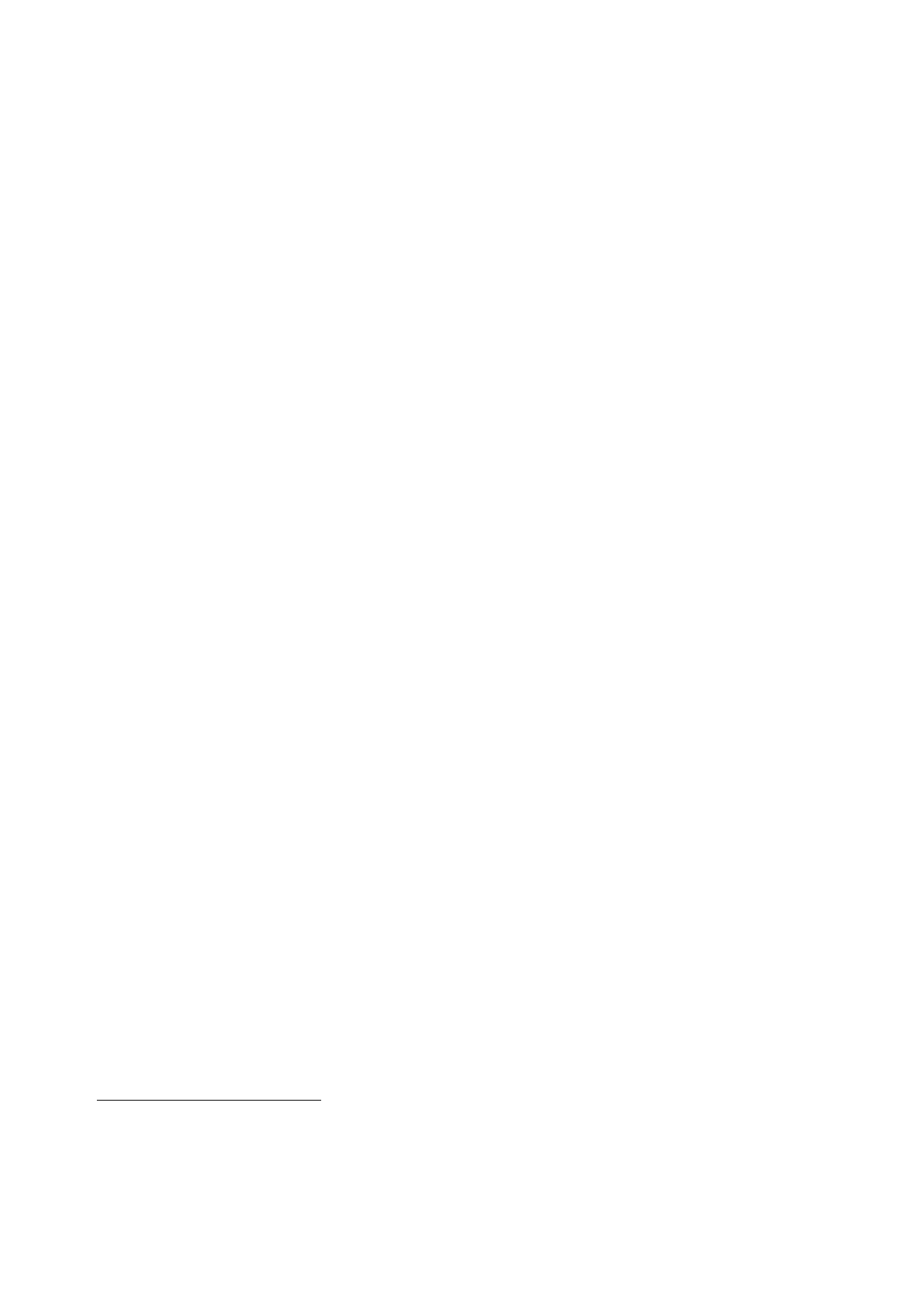
The Report
of the Iraq Inquiry
it happened,
would be with the benefit of the support of the international
community
in the
framework of UN action, quite possibly through a Security Council
resolution.
“… What we
said was, ‘Let’s do this cleverly … and that means … go to the UN
and
get a
Security Council resolution …
“… You
talked the talk of regime change, but you walked the walk, you
hoped, of a
UN Security
Council resolution permitting the use of force, if that was what it
was
403.
Asked whether
at that stage the US Administration was looking at options
other
than
military action, Sir Christopher replied:
“… are you
asking me at what point was it clear that war was inevitable? …
that’s
a … hard
question to answer. What was inevitable … was that the Americans
were
going to
bust a gut to carry out the mandated policy of regime
change.”145
404.
Asked how
confident he was at that stage that the UK could influence the
US,
Sir David
Manning replied:
“I wasn’t
confident, but I thought my job was to try … on two levels. One, on
the role
I had as an
official reflecting the British Government’s view that we needed to
go
back to the
UN, we needed to get the inspectors back, the issue was
disarmament
not regime
change. But I also felt very strongly personally that it was the
way we
should go
…
“I wasn’t
confident it would work … there was a sense that the [US]
Administration
[…] that
military force had worked in Afghanistan … This was going to be the
global
war on
terror. This was a 1945 or 1991 moment when they were going to
change the
world for
the better on their watch. It was very tough but it was an historic
moment
and they
would do whatever it took.
“We didn’t
really have that perception … So I was very conscious that there
was
a very
strong sense of historical destiny at work in the Bush
Administration …
“But I was
also conscious that there were different views within
the
405.
Commenting on
the media reaction in the US to Vice President Cheney’s tour
of
the Middle
East, Sir Christopher Meyer advised on 20 March that there had been
“no
public
flinching by Bush et al from tackling Saddam”; and that “No attempt
is being made
by the
Administration to counter the media supposition that it is no
longer a question of
whether,
but when and how to take action against Saddam.”147
Public
support for US
144
Public
hearing, 26 November 2009, pages 41-42.
145
Public
hearing, 26 November 2009, page 44.
146
Private
hearing, 24 June 2010, pages 28-29.
147
Telegram
386 Washington to FCO London, 20 March 2002, ‘US/Iraq: The Current
Mood’.
458
